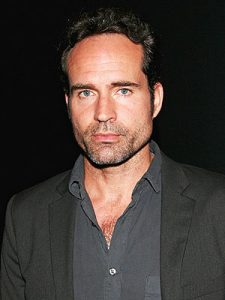In what appears to be an ongoing trend throughout the world, the topic of anonymous sperm donor rights are once again making headlines, this time, in Australia. This isn’t as simple as releasing the records, what the Health Minister plans to establish a central, government-run register of donor records. This could set a new standard for the future of anonymous sperm donations. Under the proposed plans, only certain information will be available to the offspring of donor sperm, that is, if they want it. The hope is to have the information available to those wanting to know more about potential medical concerns.
Fertility clinics will be forced to hand over information about anonymous sperm donors so children can learn about their genetic origins, in a move that has divided doctors and offspring advocates.
The state government will also consider bringing in laws to protect donor records, after an inquiry heard “alarming” evidence that doctors had destroyed information to prevent donors being outed.
Health Minister Jillian Skinner plans to establish a central, government-run register of sperm donor records, allowing offspring to apply for non-identifying information about their donor fathers. This could include medical history, ethnicity and physical characteristics such as eye and hair colour.
The register also raises the prospect that more donors and their offspring would make contact, by offering a linking service if both parties consent. Under a current, little-publicised voluntary system, just 21 offspring and 20 donors are registered.
However the measures fall short of revealing the full identity of donors without their permission. Many donor-conceived people say full knowledge about their donor father is needed so they can manage their health, form personal identities and avoid unknowingly having a relationship with a sibling or parent.
Donor advocates say this must be balanced with the wishes of donors to remain anonymous.
The government’s position was contained in a response to a parliamentary inquiry into managing donor conception information.
Clinics that provided assisted reproductive technology treatment before 2010 would be required to release donor conception information to the register, which would be run by NSW Health. Since 2010, sperm donors have been identified and conception information has been held centrally.
However questions remain over how much donor information clinics will be forced to provide, and whether donors would be approached to allow the release of identifying data.
University of Sydney Professor David Handelsman, an expert in sperm donor privacy, said medical records should not be passed on to the government without donor consent.
However “approaching donors after decades, when they never expected any contact, may seriously breach their privacy and do harm to them and their families,” he said.
Professor Handelsman said once donor records became government property, they may later be released without donor consent, or released in error.
The inquiry heard evidence that some doctors may deliberately destroy medical records in a “misguided” effort to protect donor identity, because “they fear what will happen to the information if they hand it over to a central register”.
The government will consider introducing laws to protect donor records.
Donor Conception Support Group spokeswoman Caroline Lorbach said the government response did not go far enough, and offspring should have the right to access all information about their donor.
“They may have a chance to meet that person, to get more answers to their questions. Often just giving a name to that person, instead of just calling them “donor” [is important],” she said.
A spokeswoman for Ms Skinner said the government was consulting assisted reproductive technology clinics on the proposed changes.












